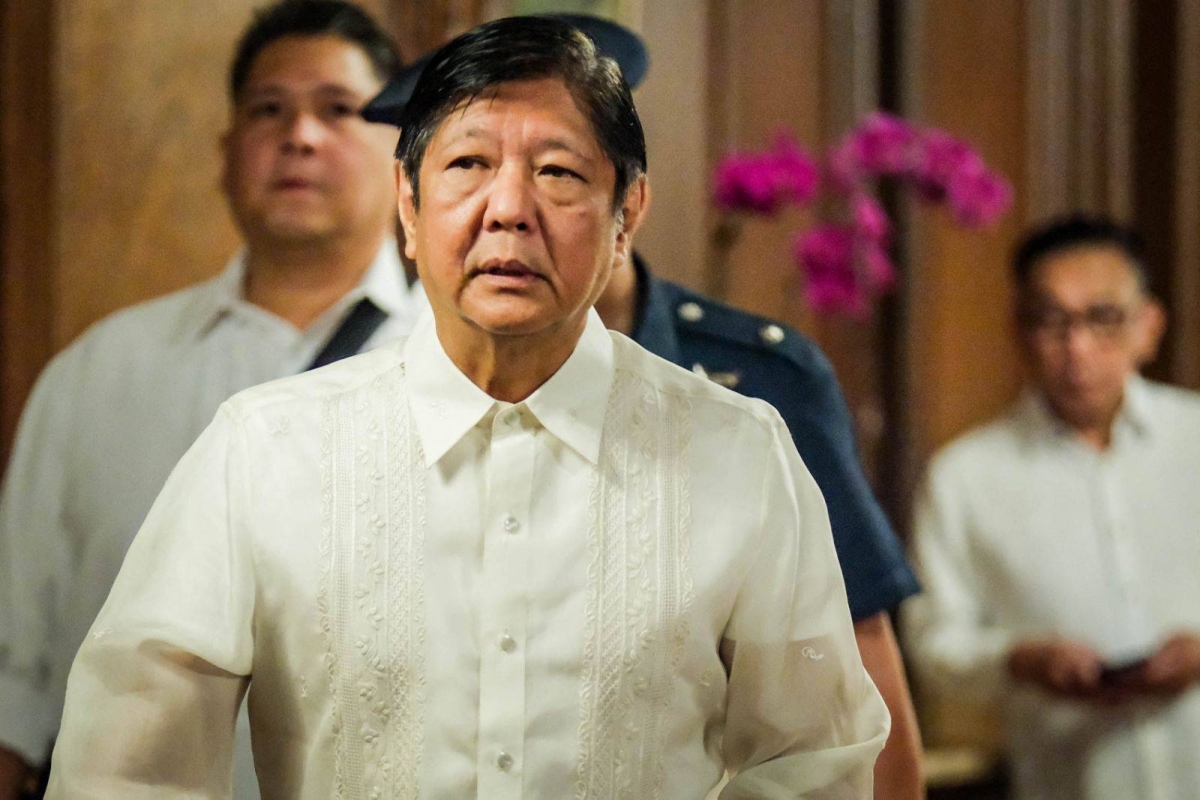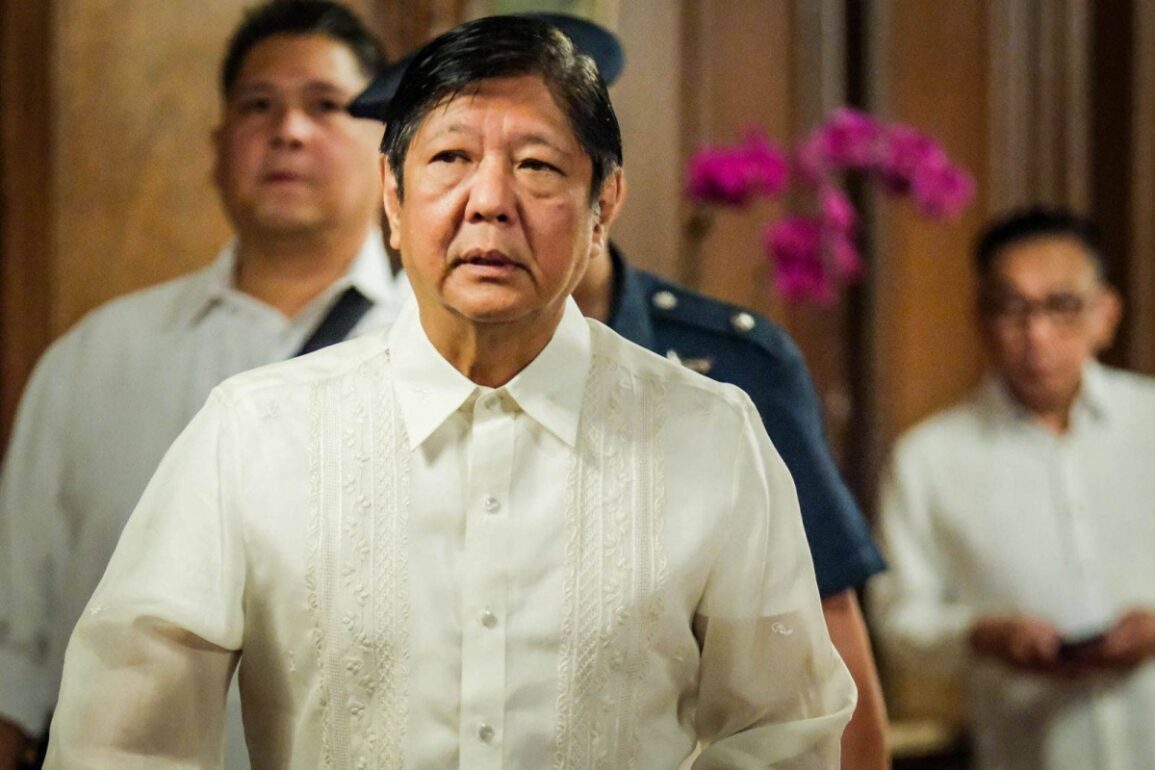
HE was pilloried as weak and lazy. He was prejudged by his critics as going to be a mere reincarnation of his dictatorial father and his equally dictatorial predecessor. President Ferdinand Marcos Jr. won with a lot of baggage, from his being a faker of diplomas, to his being an alleged drug user, to his being a tax evader and cheat.
His candidacy was marred by heavy traffic of trolling from his critics. The intelligentsia and the liberal elites were almost united against him. University facades donned colors that celebrated the opposition force that threw support behind his main rival. Even as he was able to mobilize his loyal base, he was also able to generate one of the most bitter hatreds that ended up in friends being unfriended, relatives being shunned and business establishments being canceled just because they supported him.
My reemployment in my current university was opposed by student activists who “Marcos-tagged” me, even if I did not even vote for him. Some of his critics even vowed to leave the country should he win, although it would be interesting to know if they indeed reside elsewhere now.
But now, one year after his election to office, and while his record may not be necessarily perfect, he has ended up surprising even some of his critics. Well, some are still curled up in their own echo chambers, nursing forever the wounds of their electoral defeat, living in a world where they keep on resurrecting narratives that were already thrown at him, but simply did not work. They are now joined by supporters of former president Rodrigo Duterte, who now find it no longer tenable that President Marcos has appeared to be other than what they expected him to be, a mere extension of their principal, a Duterte 2.0.
If there is one place where President Marcos encountered stiff resistance, it was in academia, among scientists. And yet, now, I see colleagues who used to be his critics softening up and are now more predisposed to at least give him a fair hearing. The reason for this is because the Marcos administration has been very supportive of the role of science in governance. In agriculture alone, he has animated support for the emergence of precision agriculture. He is committed to the digitization of governance and the improvement of our cyber-infrastructure.
The most pervasive criticism toward the President’s candidacy was that he would bring in a return to authoritarian rule. Academics were further horrified at the much anticipated thought that he would lead a massive campaign to rewrite history. To this date, both fears have been proven to be unfounded.
While there were attempts to rewrite history modules, this did not progress well and was immediately called out by the media. There was also no evidence that such an attempt was the result of a top-down imprimatur from Malacañang.
Far from being a dictator, he has allowed political institutions their liberty and space. No less than former senator Leila de Lima has thanked him for allowing justice to take its natural course, and for not intervening in her case, which eventually led to her being freed on bail.
The war on drugs, which was the signature campaign, albeit controversial and marred with allegations of human rights abuses of the previous administration, has taken a radical turn away from low-intensity level apprehensions and harassments of petty sellers and users, and into more strategic operations targeting big players. More importantly, added emphasis has been placed on rehabilitation and in treating drug use as a health problem and not a mere police problem.
The President is equally surprising in his approach toward the armed insurgency. He recently declared amnesty for qualified rebels, which included not only members of the CPP-NPA-NDF (Communist Party of the Philippines-New People’s Army-National Democratic Front), but also the MNLF (Moro National Liberation Front) and MILF (Moro Islamic Liberation Front). Even more surprising is his decision to resume peace talks with the leftist NDF of the Philippines, which was aborted during Duterte’s term.
The President has shifted his focus toward external security threats, particularly in the West Philippine Sea. He has become more hawkish in his approach toward China and has vowed that he is not going to surrender a single inch of the country’s territory, or those to which we have been given sovereign rights. He has reestablished our military alliance with the United States and has enlarged this to now include other states like Japan, Australia, Canada and European countries.
While he continues to defend Philippine sovereignty in relation to the role of the International Criminal Court (ICC) on the matter of the cases filed against former president Duterte, as he opposes ICC’s acquisition of jurisdiction over the matter, he nevertheless expressed openness to the possibility of the Philippines rejoining the ICC.
These are moves that align with the stance of the liberal progressives to the chagrin of Duterte, and his supporters and defenders. They accuse Marcos of turning his back on Duterte’s initiatives and now paint him as allowing the House of Representatives to make moves that tend to undercut the former president’s position and political standing.
Indeed, President Marcos has practically reversed all of Duterte’s initiatives, from the drug war to the anti-insurgency campaign, to the policy on China and the US. While Marcos opposes the ICC’s intervention in Duterte’s case, he nevertheless is open to the ICC having the legal authority to act in the future on cases that are brought to it. Some Duterte defenders and Marcos critics are criticizing Marcos for equivocating, which for them is a sign of weakness. Yet, they miss a finer detail of his stance. What Marcos is impressing on us is that our membership in the ICC should not be held hostage by one case and to protect one person, even as the legitimacy of its intervention should always depend on whether it respects our sovereignty.
Actually, what President Marcos is saying to the ICC is that our system of justice is well and good, enough for us to rejoin it, and thus it should not meddle in our right to prosecute our former president.
This post was originally published on this site be sure to check out more of their content.









